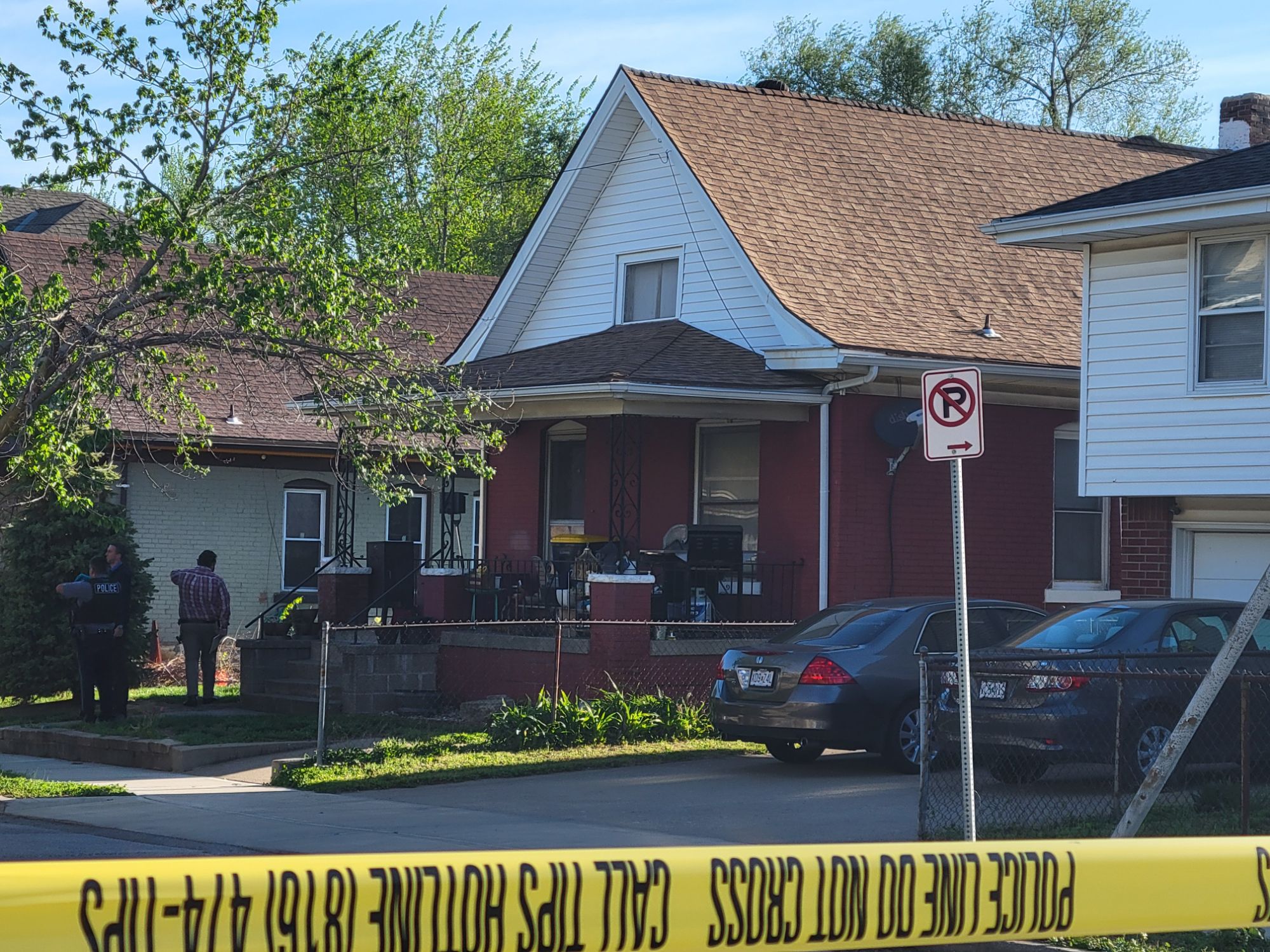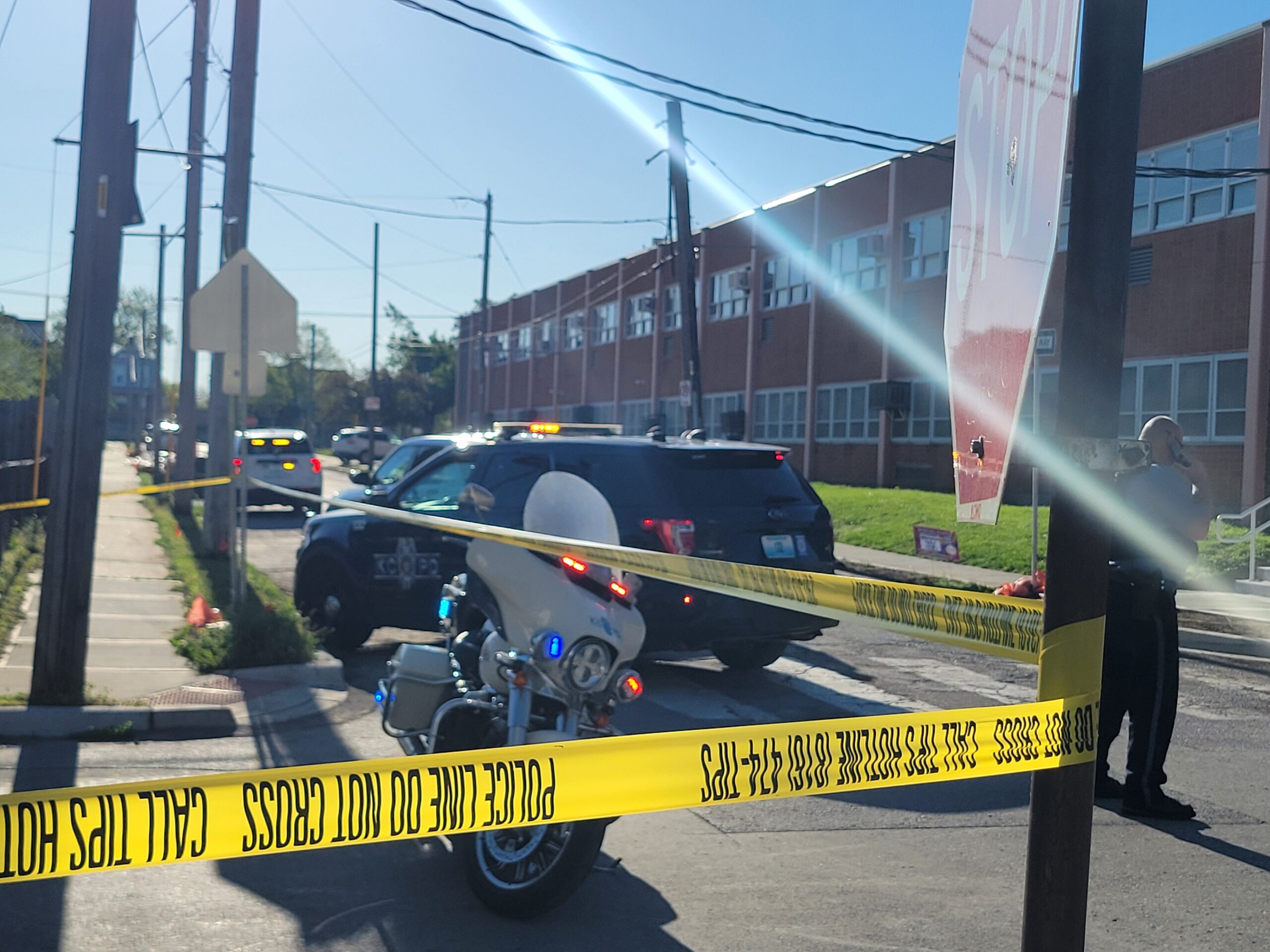
By Aniaya Reed
Kansas City’s Youth Court is a peer court for teenagers, with young offenders having their cases heard in front of youth attorneys and judges instead of a family court judge.
However, it’s still a real court with real outcomes of punishment. Teenagers represent, prosecute and judge other juvenile cases, while adults (judges and lawyers) supervise court proceedings. Jefferson Wolfe is a University of Missouri-Kansas City (UMKC) law student and a Senior Assistant Director for the Youth Court.
“I’m a law student here at UMKC, I’ve been the senior assistant director for about eight months,” Wolfe explained. “When I was younger, I was a youth attorney and a youth judge during high school. Youth Court is hosted at UMKC, but it is its own separate program funded by COMBAT in Jackson County.”
Wolfe is currently a 3L law student, and his perspective changed about youth offenders when he was a youth attorney.
“It really gave me a new perspective for kids who are struggling with a lot of things that are not connected to the crimes they do,” Wolfe said. “What I heard a lot about were not the crimes, but personal life occurrences like family conflicts and school conflicts. It was really transformative to me, and helped me pursue this advocacy I have now.”
Current President of the Board of Directors Martina Peterson was an Assistant Director for the youth court.
“In 1993, when I was a law student at UMKC, I was the Assistant Director for the Kansas City Youth Court,” Peterson said. “In 1994, I became the Director of the program. After that, I joined the Board of Directors.”
Youth offenders are assisted and judged by peers their age who are subject to some of the same influences that lead to juvenile crime.
“Youth Court is a diversion program for non-violent youth offenders,” Wolfe said. “Usually, it’s a lot lower stakes to be charged with things like shoplifting, fights at school or drugs. It gives the kids experience in the legal system, from there students can give out sentences like apology letters and community service hours.”
The age range to become a youth attorney or judge is typically ages 14-18. There are currently 19 youth attorneys and judges. To be a part of the youth court, teenagers must apply and then go through 14 hours of extensive training, as well as taking the Kansas City Youth Court bar exam.
“Youth Court is important for several reasons, it allows youth who have made poor choices the opportunity to obtain a consequence for that action without it becoming a permanent record that follows them for the rest of their life,” Peterson said. “All kids make poor choices growing up. It is often a part of the learning process. However, when a youth violates the law, the consequences can be life-long and life-impacting,”
This program allows youth to avoid the permanency of some of these consequences, Peterson said.
“Also, it allows the child to be mentored and judged by their peers, which can often have a more significant impact on that youth and their future behaviors,” Peterson said. “It also gives the Youth Court attorney an opportunity to gain training and experience in the legal field while mentoring troubled youth and providing a positive role model and behavior.”
The Youth Court gives youth offenders the benefit of not facing their crime at the Jackson County family court, which has shown to decrease behavioral problems in teenagers.
“Youth Court allows the charged youth to be held accountable for their poor choices and encourages them to participate in positive future behaviors,” Peterson said. “Youth that are charged with offenses are often sentenced to complete community service in an effort to give back to the community, or write essays to gain knowledge and insight into their behaviors and focus on how to improve them in the future.”
Youth Court attorneys learn legal skills, communication skills and negotiation skills that assist them in effectively representing their clients. Judges in the program learn leadership skills, communication skills and problem solving skills that allow them to develop an appropriate sentence for the charged youth and circumstances brought before them.
“I learned a lot about not only how the legal system worked, but also about criminal law, how to talk with clients, people who experienced trauma, and what’s going to help the young defender the most,” Wolfe said.
Wolfe’s time spent as a youth attorney gave him hands-on experience in representing someone in the youth system and also elevated his communication skills as a lawyer.
“Seeing different perspectives of the people they meet, it’s a great way for the youth defenders to be represented by their youth peers,” Wolfe said. “It enables them to have a second chance without it being on their record forever. It’s a good way to access opportunities in the community.”
Youth court is a program formulated to gain experience in the legal system, while gaining hands-on experience in a real court room. Youth attorneys will develop their knowledge of the law and legal system, and youth offenders will gain the freedom of having a smaller crime sentencing.
For more information about youth court or applying visit law.umkc.edu/kansascityyouthcourt/#.


















